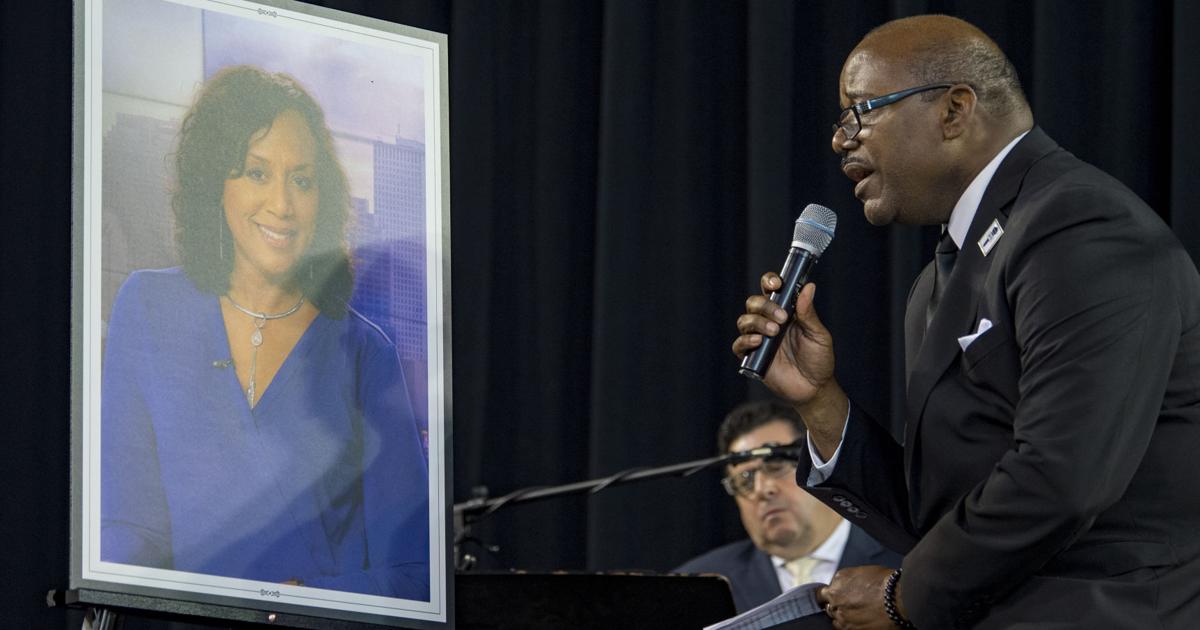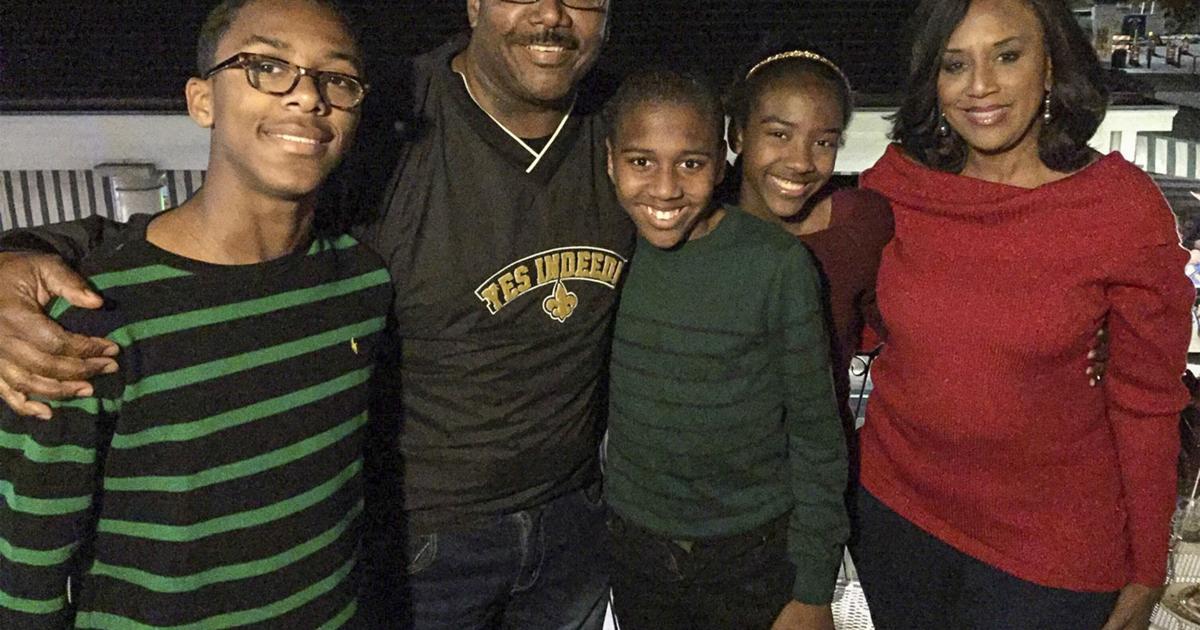This doctrine could be used to defeat injury claim against FAA or dog catcher for alleged negligent failure to enforce laws or regulations.
My apology. The issues and the likely results may vary considerably depending on whether state or federal government is involved due to Federal Tort Claims Act. Cannot mix the two up.
You cannot sue the FAA without complying with the Federal Tort Claims Act which limits what kinds of claims may be brought against federal agencies and employees. The FAA has limited liability for negligent failure to enforce safety regulations as per US Supreme Court United States v. Varig Airlines 104 S. Ct. 2755 (1984).
In Varig, a Boeing 707 burned because a smoldering cigarette was not extinguished when placed in a lavatory trash receptacle. The Court found that, under FAA regulations, the fire should have been contained in the disposal. The Court found that the decision by the FAA not to inspect the trash receptacle was discretionary. The Court reversed the lower court's decision and held that the discretionary function exception protected the U.S. from liability.
Having said that, I looked at the Boyd complaint filed in federal court in New Orleans which alleges in part as follows:
On August 16, 2019, decedent, Nancy Parker Boyd, known professionally as Nancy Parker and employed by WVUE Fox 8 as a television news reporter, was an invited guest passenger in an Aerotek Pitts S-2B aircraft bearing registration N600DF, which aircraft was owned by Drug Fighter, LLC and operated by Franklin J. P. Augustus.
On or about February 18, 1992, FAA personnel approved the addition of a 14-gallon ferry fuel tank to aircraft N600DF which was installed under the passenger seat and acted as an extension of the main fuel tank.
On or about November 11, 1983, FAA personnel approved the addition of a Scholl smoke system for skywriting that was installed in aircraft N600DF along with a required placard that stated, “Operate Smoke During Solo Flight Only, Drain Oil Tank for Two Place Flight.”
Aircraft N600DF was hangered at and operated from KNEW for many years and, upon information and belief, had a lengthy and well-known history of substandard maintenance, mechanical problems and scant flight time.
Upon information and belief, the long-standing financial problems plaguing Drug Fighter, LLC and the consequent substandard maintenance and infrequent use of aircraft ND600DF were well known to local FAA personnel.
Despite knowledge of these maintenance and operational problems with N600DF, appropriate steps were not taken by FAA officials to ensure that N600DF was airworthy prior to clearing the aircraft for flight on or about August 16, 2019.
Upon information and belief, despite this knowledge, no one affiliated with the FAA at the New Orleans Lakefront Airport informed decedent about the history of aircraft N600DF and the resulting foreseeable risk of harm to life and limb associated with flying in the aircraft.
On August 16, 2019, upon information and belief, the planned flight, the purpose of which was to allow decedent to do a documentary news story on Mr. Augustus and the aircraft and to perform a skywriting exercise, was delayed taking off for a number of hours from KNEW due to mechanical problems with the aircraft’s engine which negatively impacted engine performance and safety of flight.
On August 16, 2019 at approximately 3:05 p.m., upon information and belief, despite knowledge of maintenance and operational problems with aircraft N600DF and knowledge that the pilot intended to skywrite with a passenger on board, the aircraft was cleared for takeoff from the Lakefront Airport by FAA personnel. Once airborne, the aircraft proceeded in a southernly direction with Franklin J. P. Augustus as pilot and decedent as passenger.
Upon information and belief, shortly after takeoff, the pilot radioed the duty KNEW tower controller that he was having problems with the aircraft and requested immediate clearance to return to the airport for an emergency landing, which clearance was granted.
On August 16, 2019 at approximately 3:06 p.m., as the pilot was attempting to return to KNEW, the aircraft pitched nose down and crashed into the ground. Much of the aircraft wreckage was consumed in a post-crash fire. Decedent, Nancy Parker Boyd, was killed in the above described crash. Plaintiffs’ claims are brought pursuant to the Federal Tort Claims Act, 28 U.S.C. §2671, et
seq. (“FTCA”).
The aforesaid casualty and resulting death of Nancy Parker Boyd were caused by the negligence of defendant, the United States through the Federal Aviation Administration, in the following non-exclusive particulars:
a. Failing to properly supervise and actively monitor airport operations;
b. Failing to have and/or enforce policies and procedures prohibiting operation of known defective aircraft;
c. Failing to ensure that aircraft N600DF was maintained and certified in accordance with all applicable regulatory requirements and aviation industry standards;
d. Failure to deny departure/take-off clearance to aircraft N600DF;
e. Failure to inform the decedent of the foreseeable risk of harm to life and limb associated with flying in the aircraft;
f. Failure to abide by applicable federal general aviation rules and regulations, guidances, professional standards of care and/or other legal duties under the laws of the State of Louisiana.

 www.nola.com
www.nola.com













